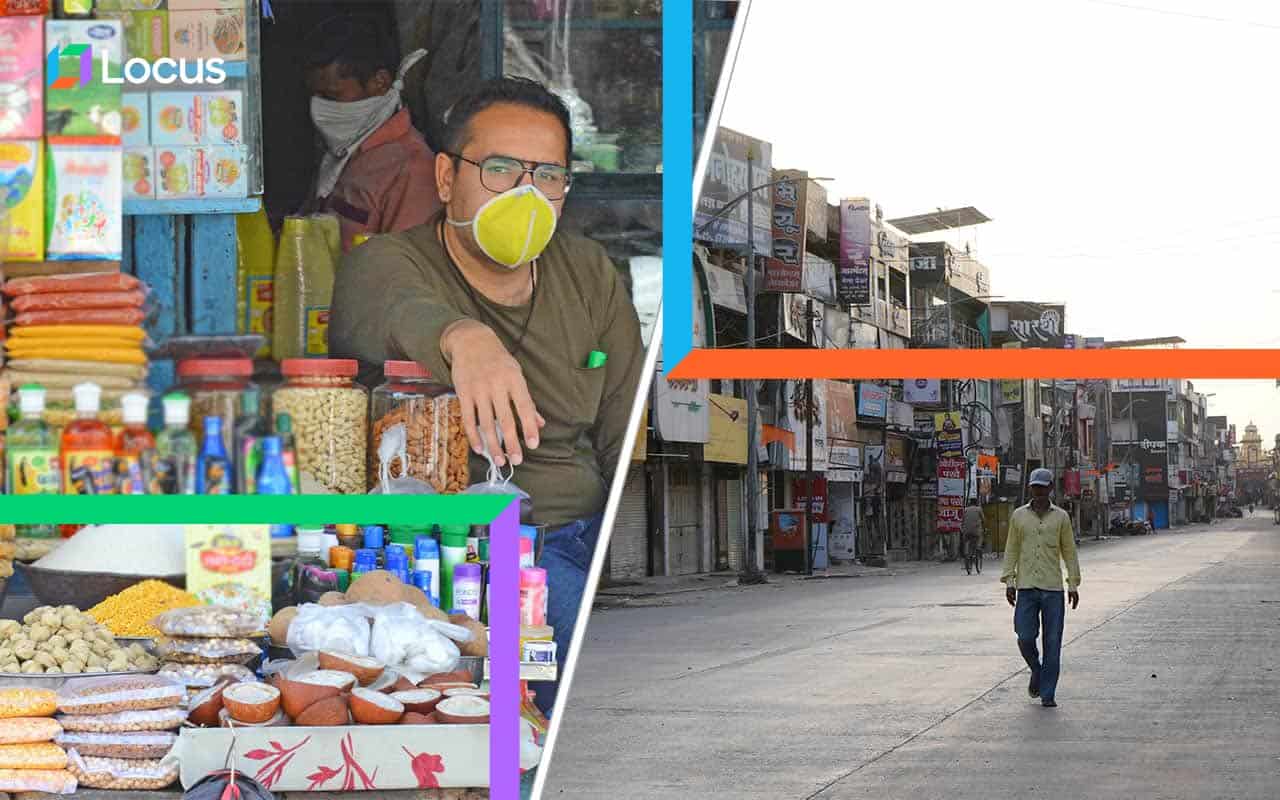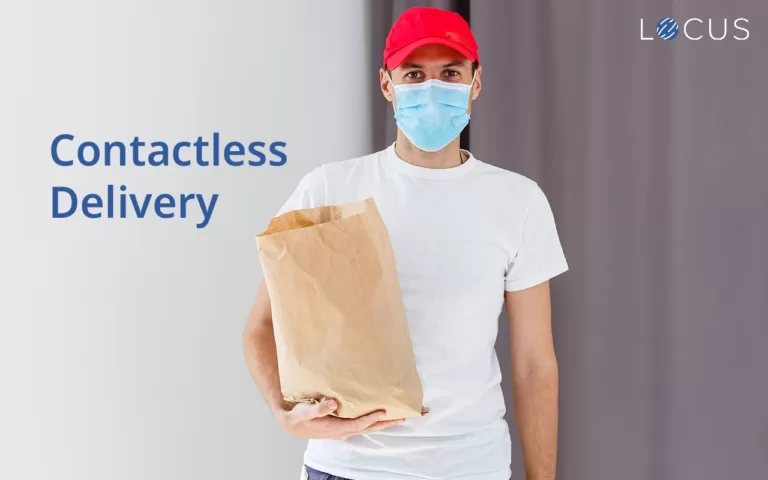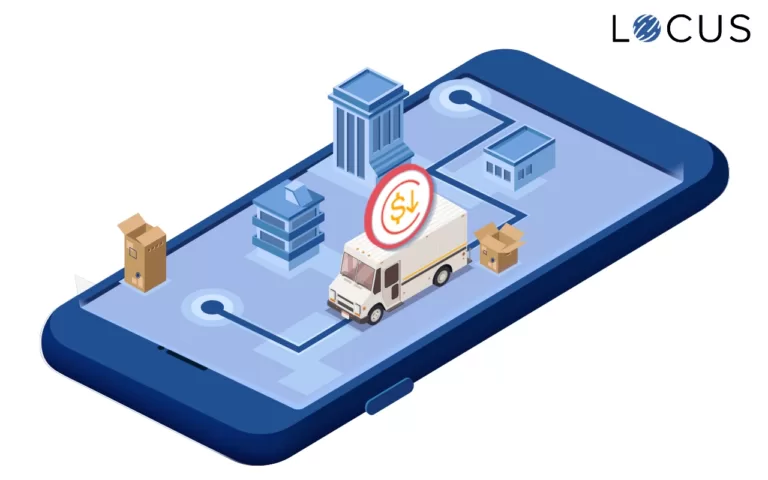News
How India is Dealing With Essential Deliveries Amidst an Unprecedented Lockdown
Mar 27, 2020
3 mins read

E-commerce behemoths Amazon and Flipkart have turned their focus on delivering only essentials during the 21-day lockdown in India due to the coronavirus.
After the recent announcement of Prime Minister Narendra Modi, India is in the midst of an unprecedented 21-day lockdown. This has resulted in a total clampdown across the vast country, except for the operations of essential goods and services.
This has meant that E-commerce players like Flipkart and Amazon and E-grocery players like BigBasket and Grofers have had to deal with supply chain uncertainties due to the lockdown. The companies are trying to work with the local authorities to get things back on track. Most of their deliveries have resumed in the top cities.
A few states in the country have now started issuing passes to the delivery executives to ensure that they can safely deliver items without pressure from the authorities.
Amazon India recently put out a blog stating, “To serve our customers’ most urgent needs while also ensuring the safety of our employees, we are temporarily prioritizing our available fulfillment and logistics capacity to serve products that are currently critical for our customers such as Household Staples, Packaged Food, Health Care, Hygiene, Personal safety and other high priority products. This also means that we have to temporarily stop taking orders and disable shipments for lower-priority products.”
The company also added that it would be reaching out to customers to give them a choice to cancel their lower-priority orders and get a refund. These measures came into effect on March 24, 2020.
On the other hand, FMCG giants have written to the government on Tuesday seeking an immediate exemption from movement restrictions, according to a report in The New Indian Express.
“Companies that supply meat, milk and household staples are struggling to redirect the sprawling food supply chain to meet the surge in demand after the government imposed a lockdown to bring the coronavirus pandemic under control,” said the report.
“Seeking immediate exemption from movement restrictions, companies including Britannia, Parle, PepsiCo, Hindustan Unilever, Dabur, Coca-Cola, ITC, Nestle and Mondelez have written to the government on Tuesday through three separate industry bodies,” the report added.
E-pharmacies too are in a spot of bother and are working with the relevant authorities to get things up and running.
The clampdown has sent the existing supply chains of companies across sectors into a tizzy. While the government and the companies are working to ensure smooth operations, the end customers face uncertain delivery times. Hopefully, the processes will become more streamlined soon.
During these demanding times, route planning and optimization are of utmost importance. E-commerce and E-grocery players are also implementing contactless deliveries and cashless transactions to ensure the safety of both the delivery executive and the customer.
Live tracking of ground personnel and smart geocoding will help now more than ever in ensuring the swift delivery of goods.
We at Locus have developed an exclusive COVID-19 Delivery Guide to help businesses in logistics and supply chain so as to ensure smooth operations during this tough time. Get your copy now!
Related Tags:

Grocery
Ensuring Contactless Food and Grocery Delivery in times of Social Distancing
As nations declare complete lockdowns and billions across the globe embrace social distancing to prevent the spread of COVID-19, consumer buying behavior is changing dramatically. The fear and anxiety of the pandemic is making people stock up pantry and household staples, cleaning supplies, medicines and other necessities. Panic and uncertain buying behavior is causing ripples […]
Read more
E-Commerce
Last Mile Delivery Costs: Bringing Order to Chaos
Last-mile delivery costs consume over two-fifths of overall logistics costs.- Frost and Sullivan, 2018 It is no secret that customer expectations are really high these days. Naturally, the costs associated with meeting such expectations, especially on the delivery front are also increasing. The primary challenge that logistics providers face is rising last-mile carrier delivery costs. […]
Read moreMOST POPULAR
EDITOR’S PICKS
SUBSCRIBE TO OUR NEWSLETTER
Stay up to date with the latest marketing, sales, and service tips and news


How India is Dealing With Essential Deliveries Amidst an Unprecedented Lockdown